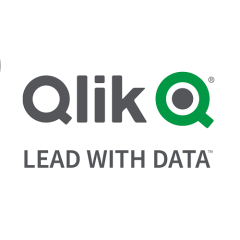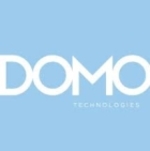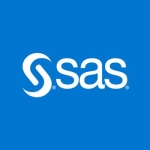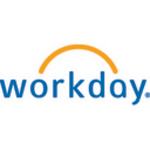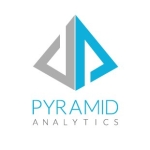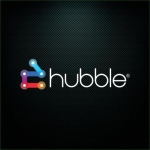I work in the Data Solutions team at Marsh (Insurance company). We build Qlik Sense dashboards for Client Executives in the Specialties team, tailored to their requirements.
The Client Executives can view their client's portfolio over several years and also see how Marsh is performing in the space. These visualizations help them with client and insurer meetings.
Currently, it is being used for new client wins, client retention, negotiating with insurers, providing time efficiencies, and providing consistency in presentations.
Qlik Sense has a modern look and feel and a very intuitive UI, so non-technical users find it very user friendly.
Our team has been able to deliver some very complex analytics that was possible only due to the powerful back-end functionalities and availability of extensions.
The NPrinting functionality has also been very helpful for us, as it can deliver canned reports. It has saved a lot of hours for our business users.
Dashboards we built on Qlik Sense have helped with new client wins, client retention, negotiating with insurers, providing time efficiencies, and providing consistency in presentations.
The time required to build a dashboard is very good, as it only takes a couple of hours to build a basic dashboard. We use this basic dashboard in our Client Executive meetings where we then start the ideation process and consolidate requirements for the final dashboard. We are able to show the Client Executives the art of possible, which helps them understand what can be done.
It has helped us immensely with Data and Digital Literacy. Business users now understand the importance of data and data of good quality!
Several things can be improved, including:
- Ability to add and customize reference lines (average, linear regression, etc.) on all charts.
- There are features of QlikView that have still not come to Qlik Sense. These include "Always one value selected", option buttons, and checkboxes with extended functionalities in the Qlik bundle. I am currently using an external plug-in for this, but its performance is poor.
- Legends for charts that are being colored using a formula.
- Ease to add company color palette to Qlik Sense dashboard.
- The on-demand report generation button in Qlik Sense currently doesn't work if NPrinting requires Okta verification, which our company uses. So, we are not able to deliver this to our business users. This is a very powerful functionality and we want to use it!
I have been using Qlik Sense for more than two years. Prior to that, I have also used QlikView for one year.

